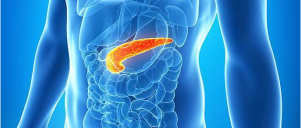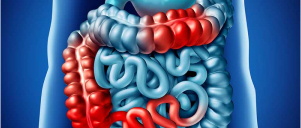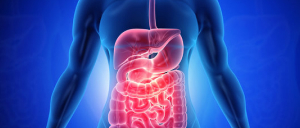Treatment for gastrointestinal conditions depends on the diagnosis. It includes dietary changes, medications for acid reflux, antibiotics for infections, and probiotics for gut health. Advanced procedures like endoscopy, colonoscopy, and minimally invasive surgeries help diagnose and treat severe conditions. Specialized treatments, such as liver transplants, ERCP for bile duct disorders, and endoscopic mucosal resection (EMR) for early-stage cancers, offer effective solutions. Personalized treatment plans ensure long-term digestive health and improved quality of life.

Overview Pancreatitis is an inflammatory condition of the pancreas, which can be acute (sudden onset) or chronic (long-term). The pancreas plays...
Read More >>
Overview The liver plays a crucial role in metabolism, detoxification, and digestion. However, conditions such as Hepatitis (inflammation of the liver)...
Read More >>
Overview Irritable Bowel Syndrome (IBS) is a common functional gastrointestinal disorder that affects the large intestine. It is characterized by abdominal...
Read More >>
Comprehensive Care for Gastrointestinal Health The digestive system plays a crucial role in overall health, and disorders affecting the gastrointestinal (GI)...
Read More >>
Overview Gallstones and gallbladder disease are common digestive disorders that can cause significant discomfort and complications if left untreated. The gallbladder...
Read More >>
Overview Colon cancer, also known as colorectal cancer, develops in the large intestine (colon) or rectum. It is one of the...
Read More >>